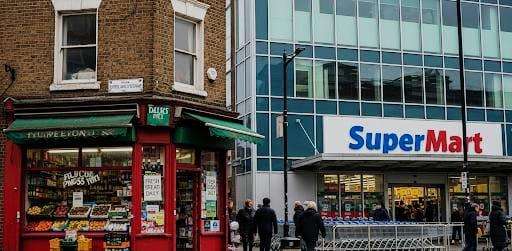Starmer Reshapes Downing Street in "Second Phase" of Government; South Asian Adviser Joins Top Team as British Bangladeshi MPs Resign.
Prime Minister Sir Keir Starmer has announced a significant shake-up of his Downing Street team, framing the changes as a strategic move into the "second phase" of his government. The reshuffle is designed to address what he described as his "frustration" with the current pace of change and to accelerate the delivery of key policy priorities.
The changes come amid a series of high-profile departures and new appointments, including a key South Asian figure joining the inner circle.
In a candid interview, Sir Keir admitted to feeling "frustrated" with the pace of his government's progress, emphasizing a new focus on "delivery, delivery, delivery." The most notable appointment is Darren Jones, who has been elevated to the new role of chief secretary to the Prime Minister. Based at No. 10, Jones will have a direct mandate to oversee the implementation of the Prime Minister's priorities across all government departments and will attend Cabinet meetings.
The restructuring also saw renowned economist Baroness Minouche Shafik, who is of South Asian heritage, appointed as the Prime Minister's chief economic adviser. With an impressive background that includes serving as deputy governor of the Bank of England and president of Columbia University, her expertise is seen as crucial for navigating the challenging economic landscape.
The shake-up follows a pattern of recent departures from No. 10, including that of chief of staff Sue Gray and communications director Matthew Doyle. The Prime Minister also replaced his principal private secretary, Nin Pandit, who will now lead on key priority delivery in a new role, with Daniel York-Smith taking her place. Additionally, two British Bangladeshi politicians, Rushanara Ali and Tulip Siddiq, have both resigned from their government roles in recent months.
The changes have not been without criticism. Economist Paul Johnson described the government as "staggeringly unprepared," noting that key economic expertise is only now being brought into No. 10 more than a year into the government's term. Meanwhile, Conservative Party chairman Kevin Hollinrake called it a "chaotic reshuffle" that shows a Downing Street "in crisis," arguing that the government is distracted from pressing economic issues. The Labour government faces the challenge of implementing its agenda amid a struggling economy and rising public frustration over living costs, borrowing rates, and high taxes.







_1.jpg)
.svg)


